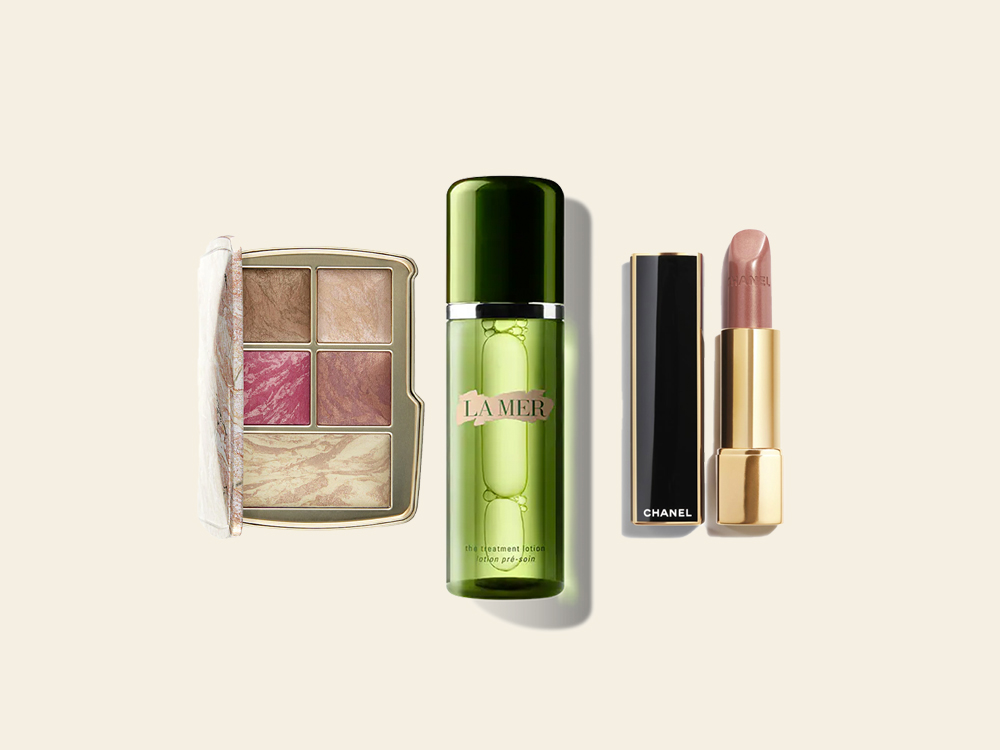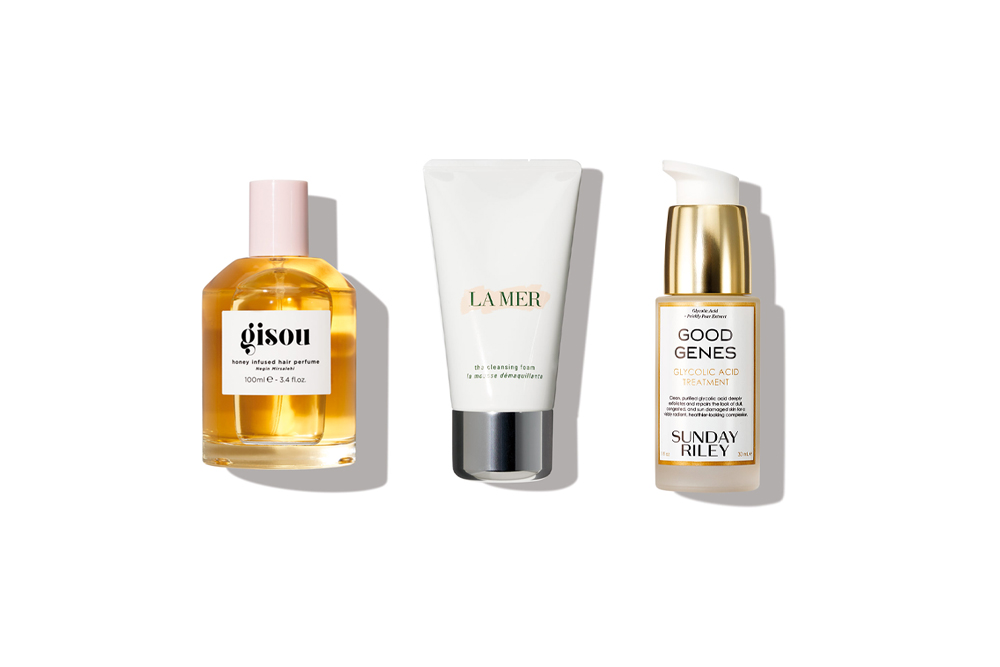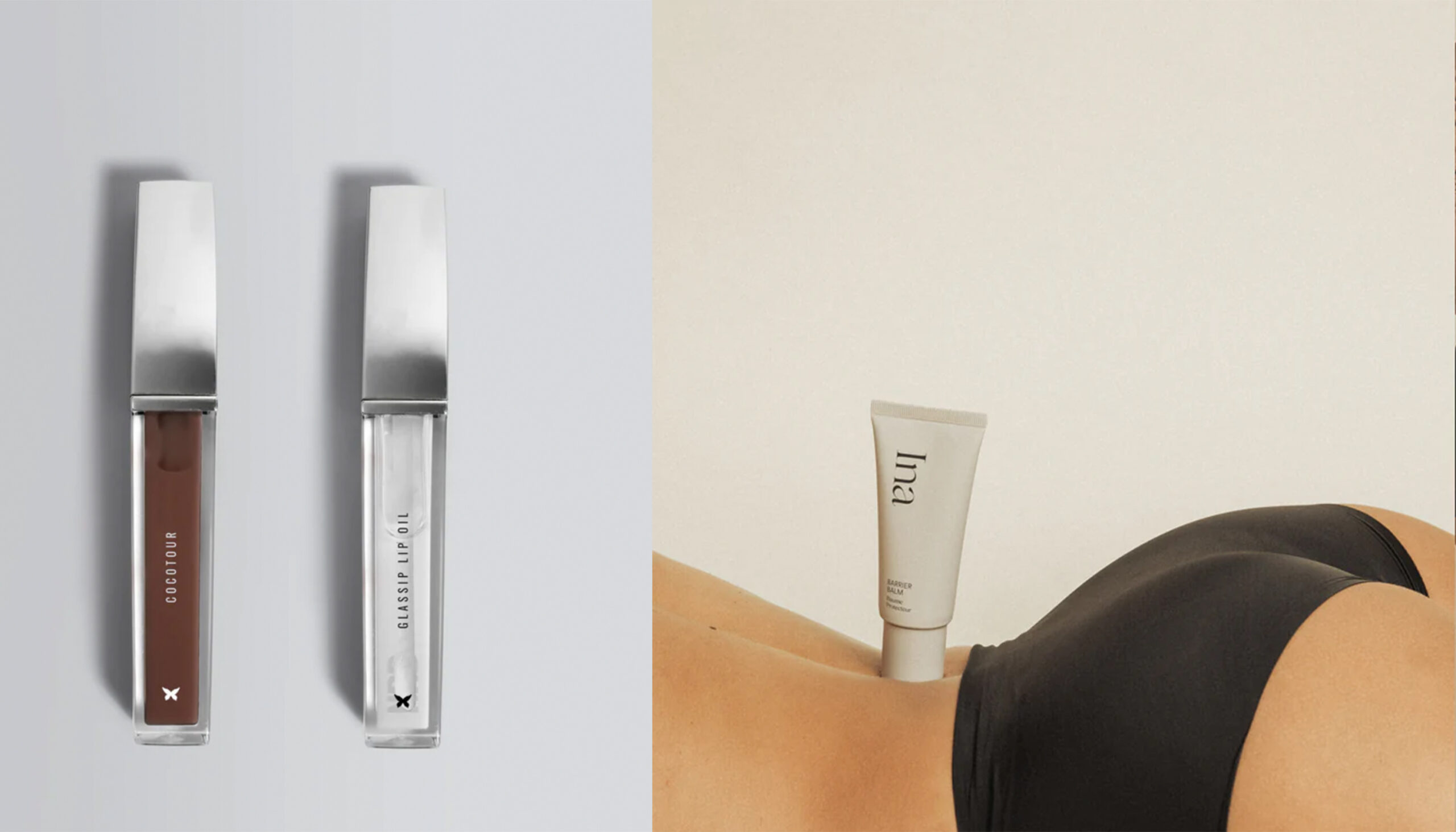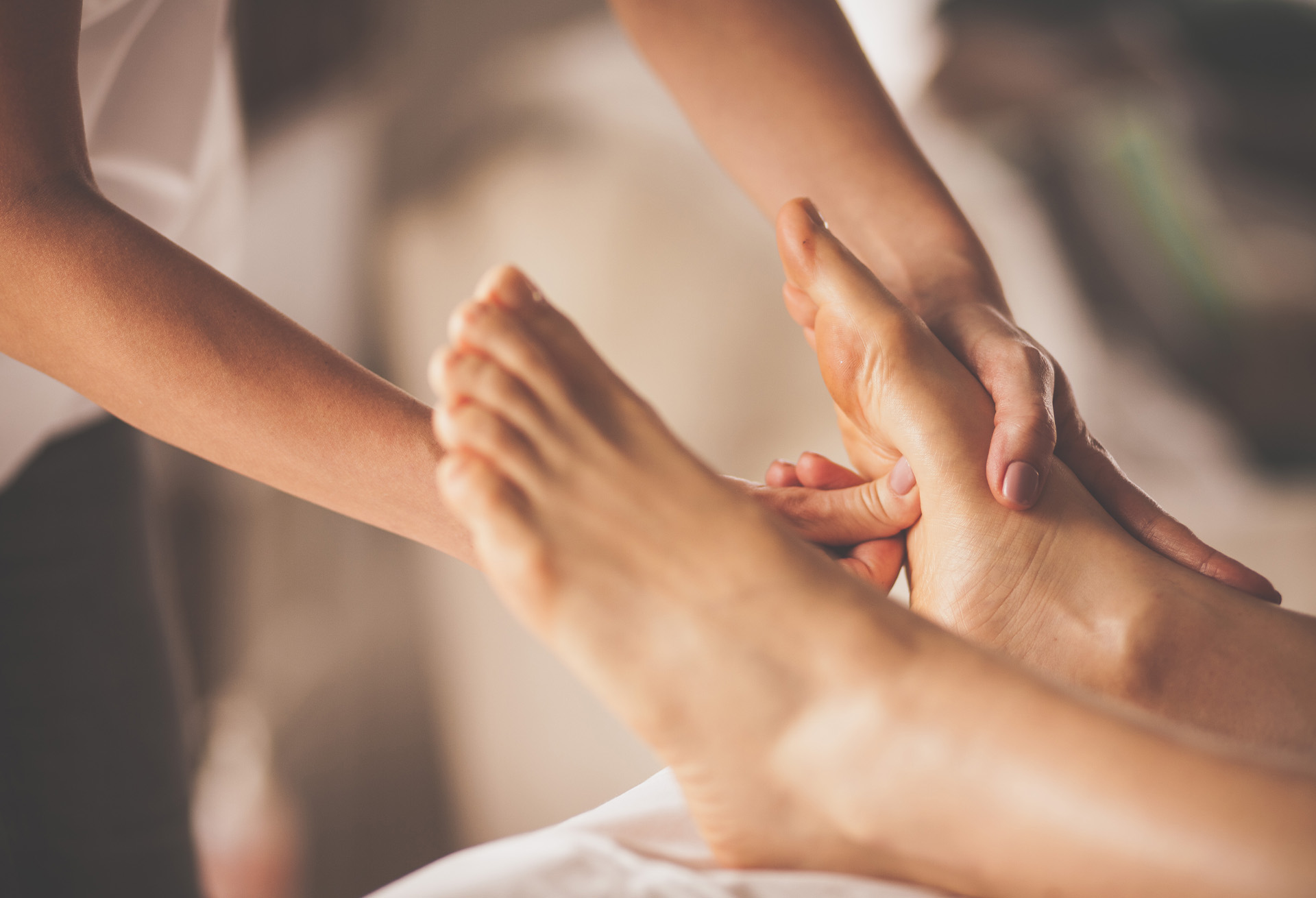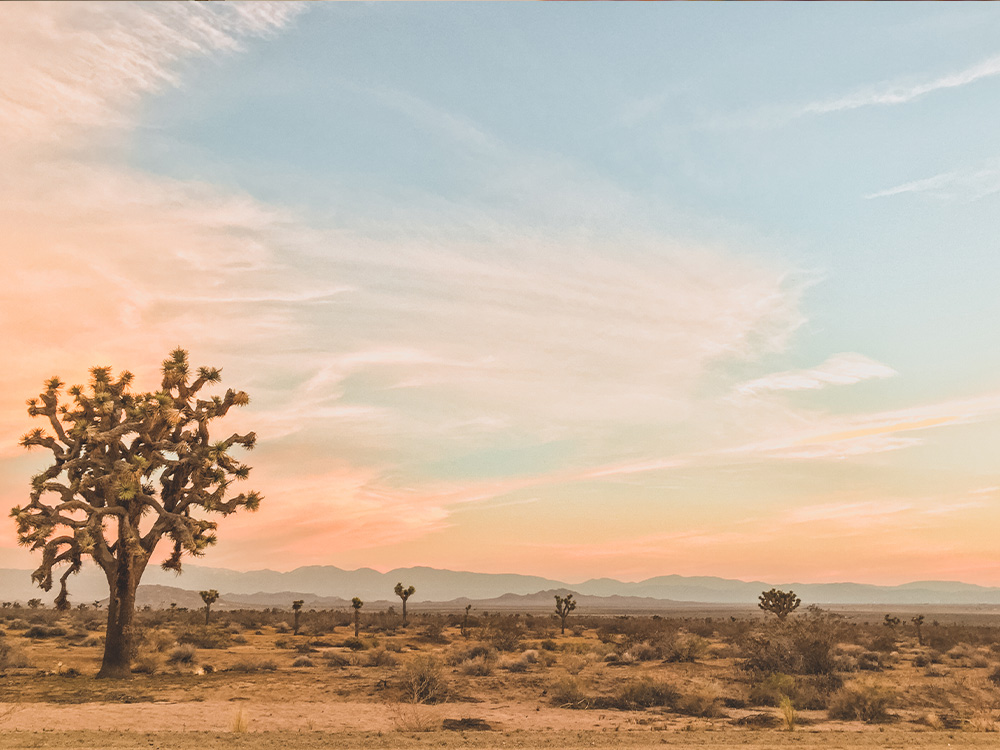It’s no secret that we’re experiencing less handshakes, less hugs and less contact with others overall during this time of “staying put” and social-distancing.
As Simon Marxer, VP of Spa and Well-Being for Miraval, explains, that lack of physical contact can pop up as the lesser-known condition of skin hunger—aka, touch starvation or touch deprivation—and it can have some rather serious repercussions, including exacerbating depression, anxiety and sleep issues.
“Humans thrive off of connection with other humans, and without it, social and mental capabilities can suffer,” Marxer says. “This is not limited to social connection—humans also need physical contact, whether it be a simple handshake or hug, or even a service like a massage. These can reduce stress and increase production of positive hormones like oxytocin.”
So what does that mean for our actual skin? While Marxer doesn’t necessarily believe that skin hunger can directly manifest itself physically on the skin, he does contend that it can certainly lead to stress, “which directly causes other skin issues such as breakouts and rosacea.”
Fort Lauderdale, FL dermatologist Dr. Matthew Elias shares that same school of thought, saying that, while there’s not a ton of concrete evidence showing that lack of touch causes skin-disease burdens, there’s no denying the very definite psych-derm link.
What’s more, Saddle Brook, NJ dermatologist Dr. Frederic Haberman, says, is that this “neurological phenomenon” has been supercharged by the coronavirus pandemic.
“It’s why babies in neonatal intensive care units are placed on their parent’s naked chests. It’s the same reason that prisoners in solitary confinement often report craving human contact as ferociously as they desire their liberty.”
As Dr. Haberman explains, when you touch the skin, it stimulates pressure sensors under the skin that send messages to the vagus, a nerve in the brain. “As vagal activity increases, the nervous system slows down, heart rate and blood pressure decrease, and your brain waves show relaxation. Levels of stress hormones such as cortisol are also decreased.”
You May Also Like
He also points out that there have been many COVID-19 patients with cutaneous manifestations such as COVID-Toes, typical viral exanthem, blisters erythematous (reddish) rash, or a patchy, red rash. “A few developed urticaria, or hives, and one developed chickenpox-like blisters. The trunk was the most commonly affected area. Petechiae, or broken blood vessels has been reported,” he adds. “More recently, there have been reports of COVID-19 patients developing livedo reticularis, or mottling, which could indicate occlusion of blood vessels near the skin.”
“It is a well-known fact that the skin and the mind are intimately intertwined,” says Bloomfield Hills, MI dermatologist Linda C. Honet, MD. “We know that emotional stress can trigger or flare a skin condition, like eczema, psoriasis, acne, and even autoimmune diseases like alopecia areata. We also know that difficult skin conditions like delusions of parasitosis and trichotillomania are mainly a manifestation of a more global psychological issue, but demonstrated in the skin.”
But, as Dr. Honet points out, COVID-19 may turn the tables.
“We must wonder how the skin affects the mind and the health of the rest of the body? How will the lack of touch and lack of human connection affect us and our health? Human touch is necessarily the core of what connects us to each other, a positive feedback loop of sorts, where no words need to be exchanged,” she says. “Whether it’s a hand shake, a hug, a kiss, or a light tap on the shoulder, human touch reinforces our emotional connectivity with each other. It underscores our feelings and reinforces our emotional connections. The effects of skin hunger and the fallout from the social distancing mandated by the current COVID-19 era may be more than we anticipated.”
“Unfortunately, this new normal, where we are willfully depriving ourselves of touch and human connection, may be around for a very long time—and we have yet to know how this skin hunger will impact us as the emotional beings we are.”



